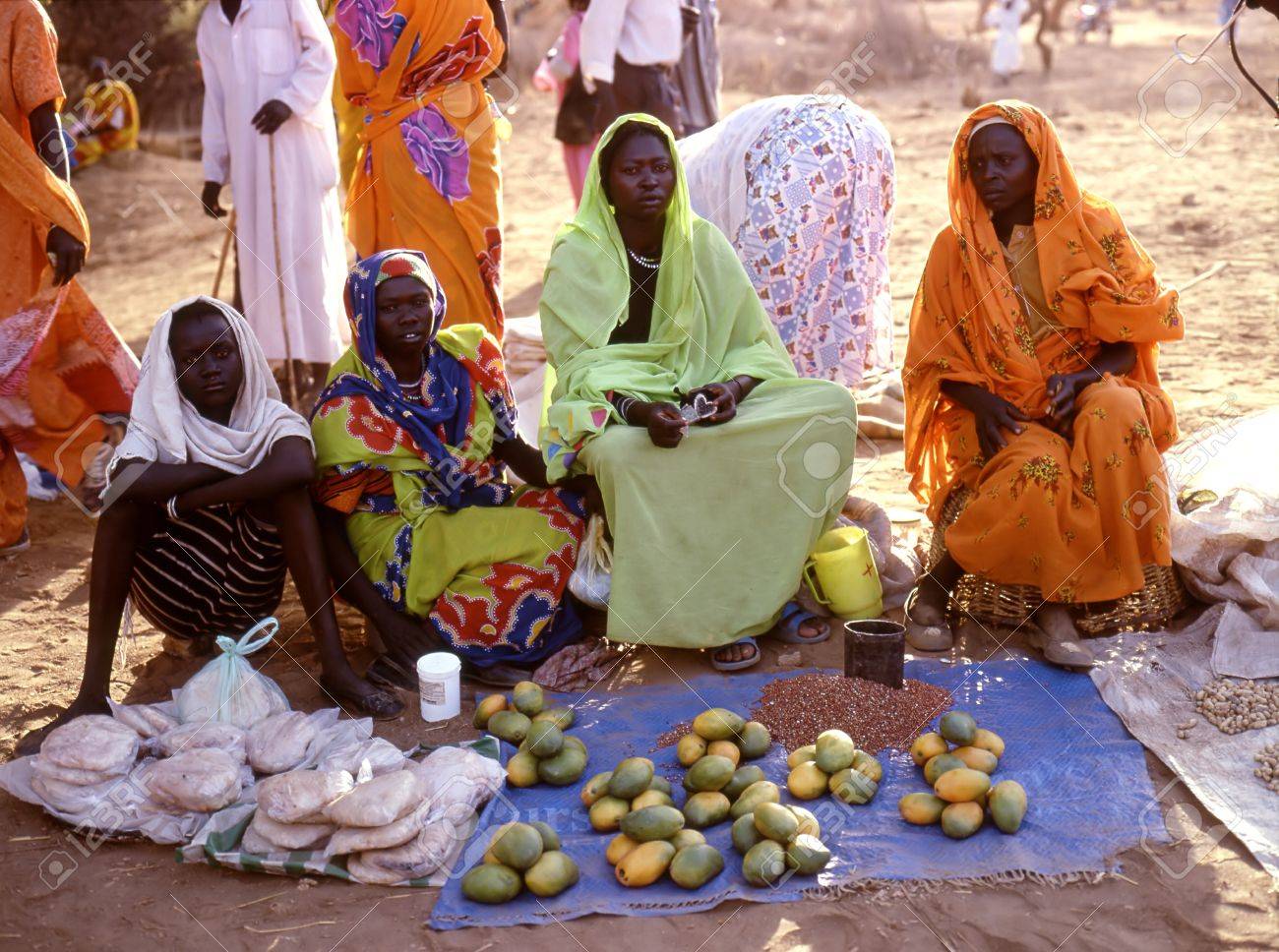
Khartoum Women: Unarmed Struggle
Ali Taher
The chronic diabetes that stole her health was kinder to her than her exhausting daily job, which left her body frail. The struggle that "Halima Abkar" undertakes throughout the day may provide her with an income to cover her familys expenses, but at the same time, it takes a toll on her health, a steep price she is forced to pay, especially after the outbreak of the war, which imposed additional burdens on her and a new job, selling utensils and household items instead of selling traditional foods in the destroyed industrial area. The tedious search for utensils in Duglo markets and then selling them to women within residential neighborhoods in East Nile requires Halima, the widow, to exert a lot of effort, which nearly causes her to faint when she arrives home. Nevertheless, despite the danger to her life, she did not give up. She wakes up early, puts a spoonful of treated sugar in a cup of milk before drinking it, then relies on God to carry out her daily work.
Amid the cracked mud houses emerged "Amal," draped in the cloak of sorrow. Poverty forced her to return to work after a month-long hiatus following the death of her friend and young colleague whose body was torn apart by an explosive, leaving her in pieces at her workplace in the Soba area, where they both worked in selling tea and preparing coffee. Although "Amal" survived the certain death and her colleagues departure, the tragic accident that greatly affected her psyche did not keep her from working. She ventured out again to seek sustenance among tea sellers and beneath coffee cups to be able to support her wheelchair-bound parents and provide for the expensive medication in addition to daily necessities like food and drink.
As for "Awadiah Umm Al-Tayman," who left her home in East Nile after the outbreak of war in mid-April of last year, she was forced to return to the capital once again, but this time for trade. She comes from afar to buy some light goods like powdered milk, sauce, rice, broth, and different types of soap, then sells them in the villages scattered west of the Kamlin area, about 70 kilometers south of Khartoum. "Umm Al-Tayman," in her forties, found herself facing a real challenge without anyone to stand by her side and support her after her husband was paralyzed. She found herself responsible for providing for her four children and their father, so she went to work. She travels on the back of hardship and suffering, facing many difficulties and turns on her rough daily journey. All of this did not break her resolve or force her to abandon the slogan she raised for the sake of her children.
As for "S," who refused to disclose her name and works at one of the famous hospitals in central Khartoum, she has become a specialized trader in selling sugar. She goes daily to Duglo Market 24, buys quantities of sugar bags in various packages, transports them via public transport, and displays them on Bank Street in Market 6 in Haj Youssef, earning between 5,000 to 7,000 Sudanese pounds per bag. However, this profitable situation is unstable in all cases; sometimes the price of a bag rises to 40,000, a price that drives customers away. These discouraging prices for purchase cause her to return as she left to her companions in the narrow Bank Street, which houses more than 1,000 women working in trade and selling all types of goods and merchandise. They roam the area from morning until 3 p.m.
Some politicians believe that armed struggle is an effective means to reclaim lost rights, but women in Khartoum fight without weapons because their goal is not political, but rather to provide a decent livelihood.

